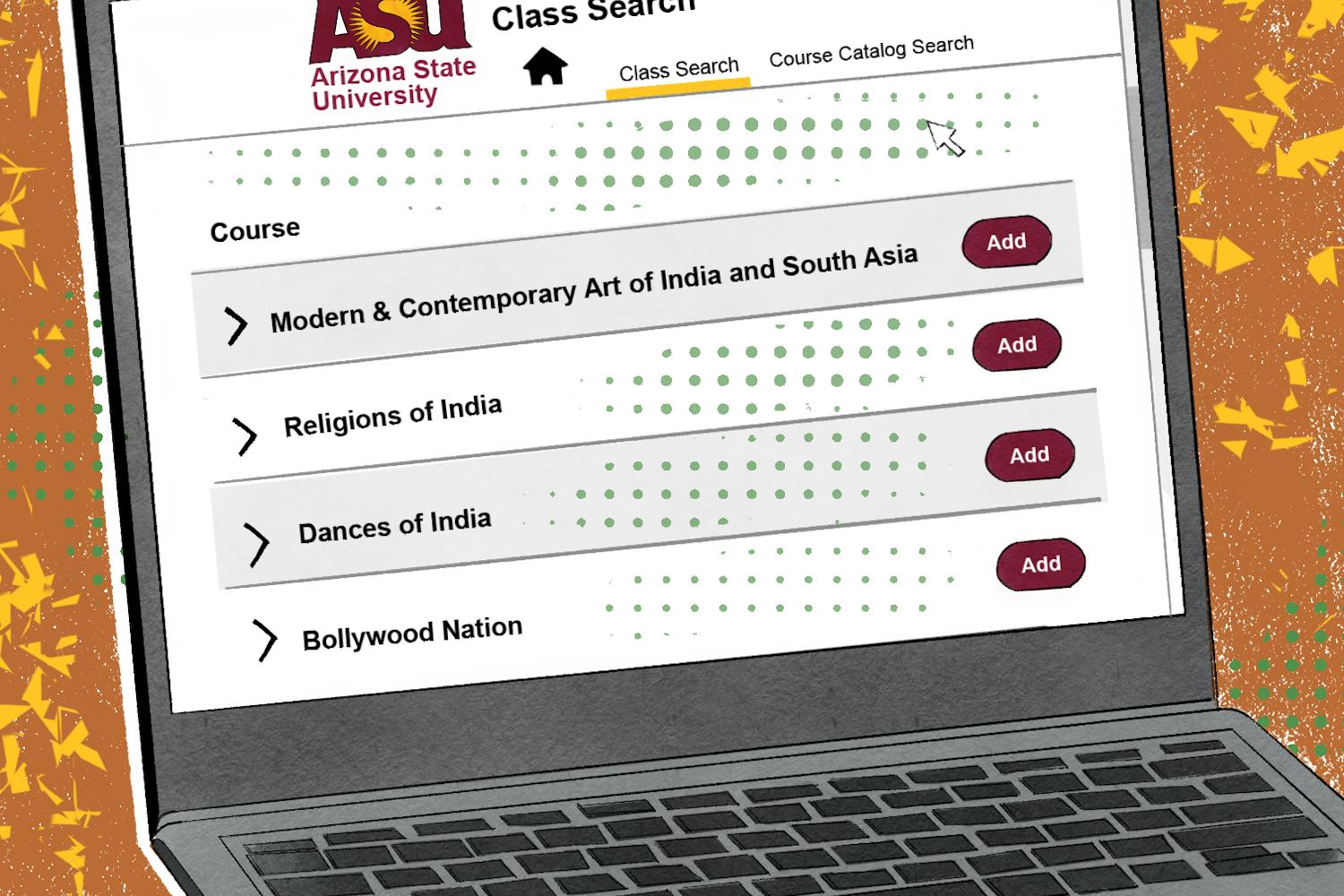Sexuality and religion tend to be puzzle pieces that never quite fit together.
Sexuality as sin is a common theme in many religions across the globe, and has been for centuries. Abstinence is often the preferred topic of lecture in sexual education classes and Catholicism calls on young members to make pledges to stay chaste until marriage.
A Christian blogger published an article called “Girl Talk: What Losing My Virginity Taught Me About Faith” that was a wild read, let me tell you. Now, the article itself was well-written and ended on a positive note, providing insight and a reasoned argument to support the claim she was trying to make. But it was the dreaded comment section where things got interesting. A few observations I made were to be expected — there were a few who thanked the author for her honesty, bravery and relativity, while the rest used a comment as a soapbox to wag a finger for rationalizing sin. Let’s just say, I reacted to two of the most popular comments with the distinct recollection of a certain movie scene.
However, the funniest trend I found in the comments was what was so specifically left out. Not one commenter dared to type the (apparently) two scariest words in the English language: vagina or penis. Yes, the anatomical body parts were referred to several times throughout — as the “P” or the “V.” I cannot even imagine what a nightmare biology classes must have been for them. Rather than focusing on the comments I disagreed with most, I think the simple lack of maturity in this conversation is evident enough in this omission.
Regardless of faith and beliefs, women should be respected as individuals capable of making decisions and subsequently respected for their ability to do so. It makes no difference the gender of the individual as to their rights.
Catholicism, for those who choose to participate in it, can be a wonderful thing, I’m sure. I have witnessed teachers, mentors and peers who take their faith very seriously and are more than content in their ways. This does not make them misogynists in the exact same way that being a feminist makes you a “man-hater.” It simply does not. Having an opinion or a system of beliefs does not instantly make you one way or another. People are able to interpret ideas and texts in different ways, meaning that my version of faith could be completely different from yours despite growing up in the same household.
That said, Catholicism relies on a heavily patriarchal system where men have always been much more in control than women. Women have extremely limited roles within the Church, and cannot actually hold major positions in the administration. Catholicism has never been especially keen on full female control of their bodies, in a culture where the bodies and decisions of women are litigated by a court of men. This sets up an interesting scenario when women who align with the Church also identify as feminists. However, if feminism is equality, then it is not impossible.
Feminism is the movement toward gender equality. The standards that exist where women are more harshly judged for sexual endeavors than their male peers are outdated and clearly unfair. It is far rarer to encounter an uproar against a man who partakes in premarital fooling around, than to find a woman who is harassed for “compromising her purity.”
The association between promiscuity and feminism is blown out of proportion through misunderstanding and over-generalization. Simply, allowing an individual to be in control of their own physical body, regardless of gender, is common sense. What a woman chooses to do or not to do does not diminish her worth as an individual, just as what a man chooses to do or not to do does not diminish his.
As humans, it is to be expected that at some point, urges arise. No one should be crucified in the comments for it.
Reach the columnist at smmaki@asu.edu or follow @Syd_neym on Twitter.
Like The State Press on Facebook and follow @statepress on Twitter.
Editor’s note: The opinions presented in this column are the author’s and do not imply any endorsement from The State Press or its editors.
Want to join the conversation? Send an email to opiniondesk.statepress@gmail.com. Keep letters under 300 words and be sure to include your university affiliation. Anonymity will not be granted.



